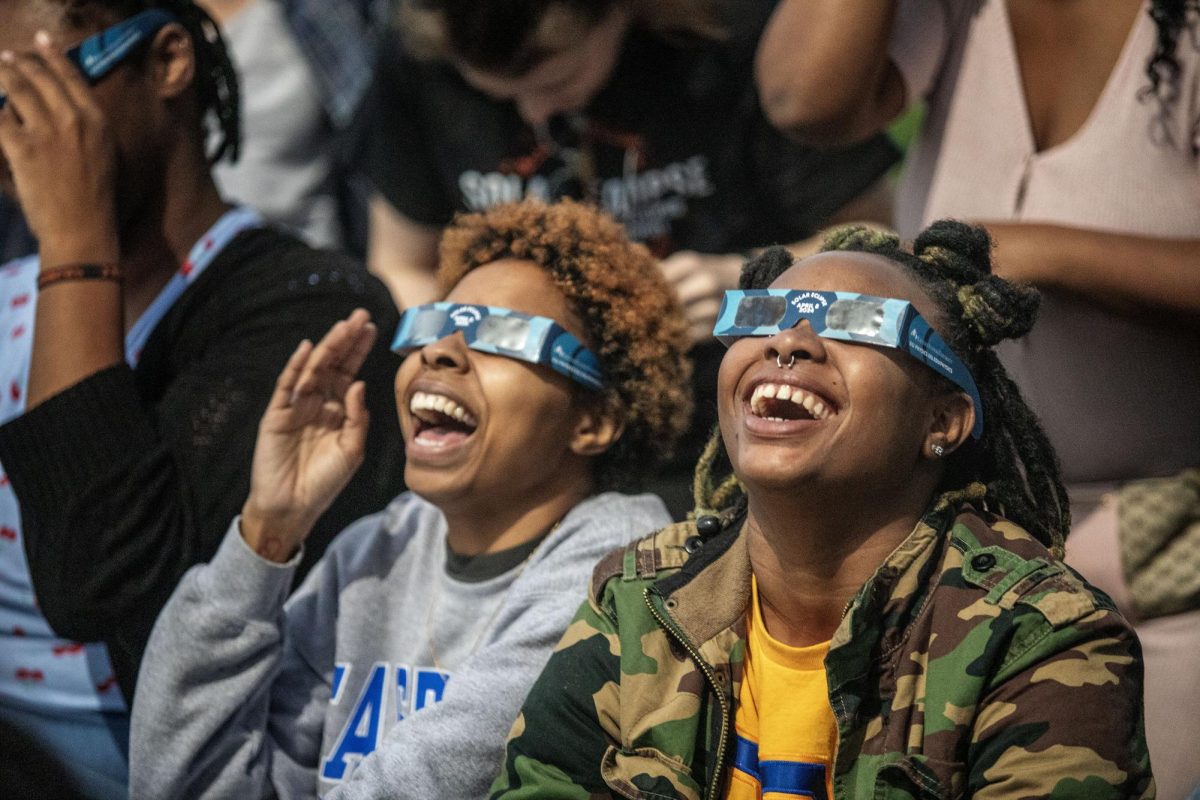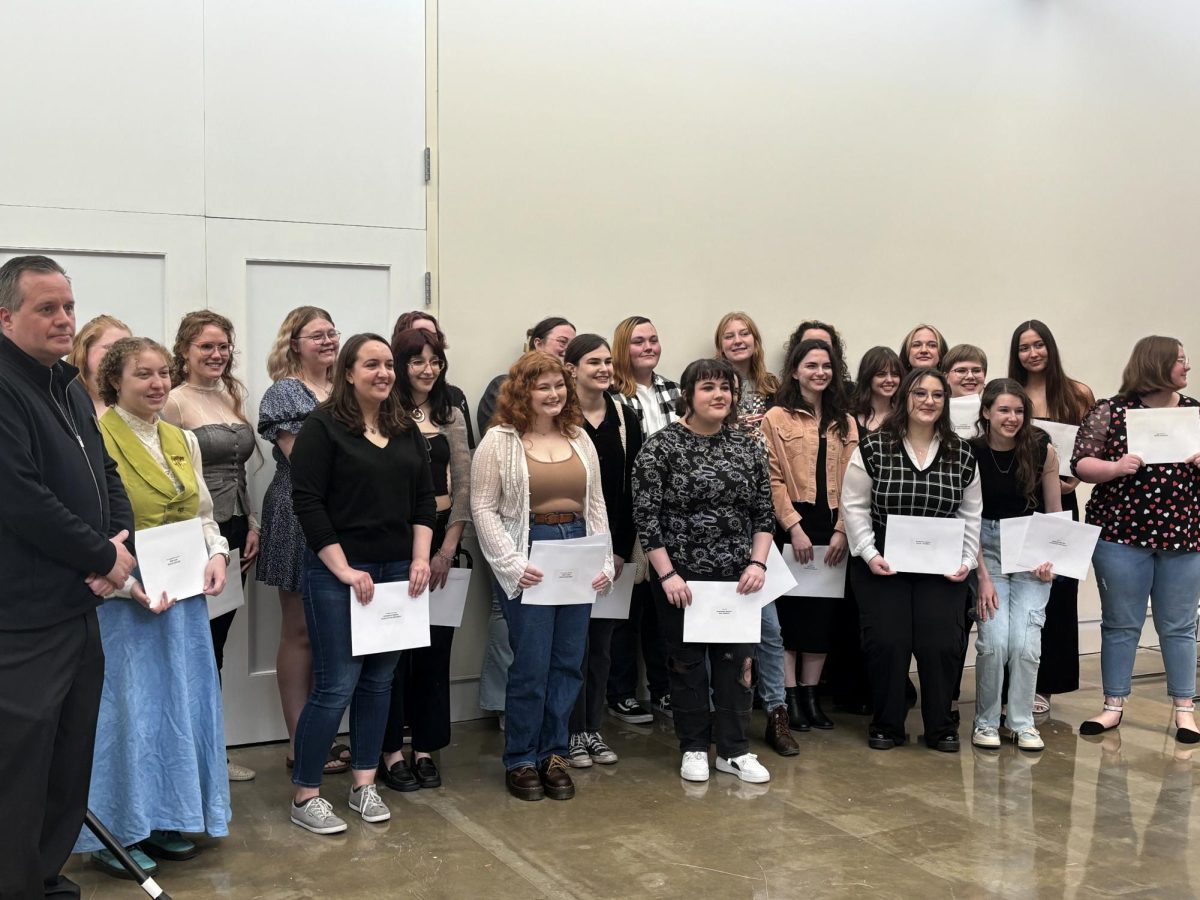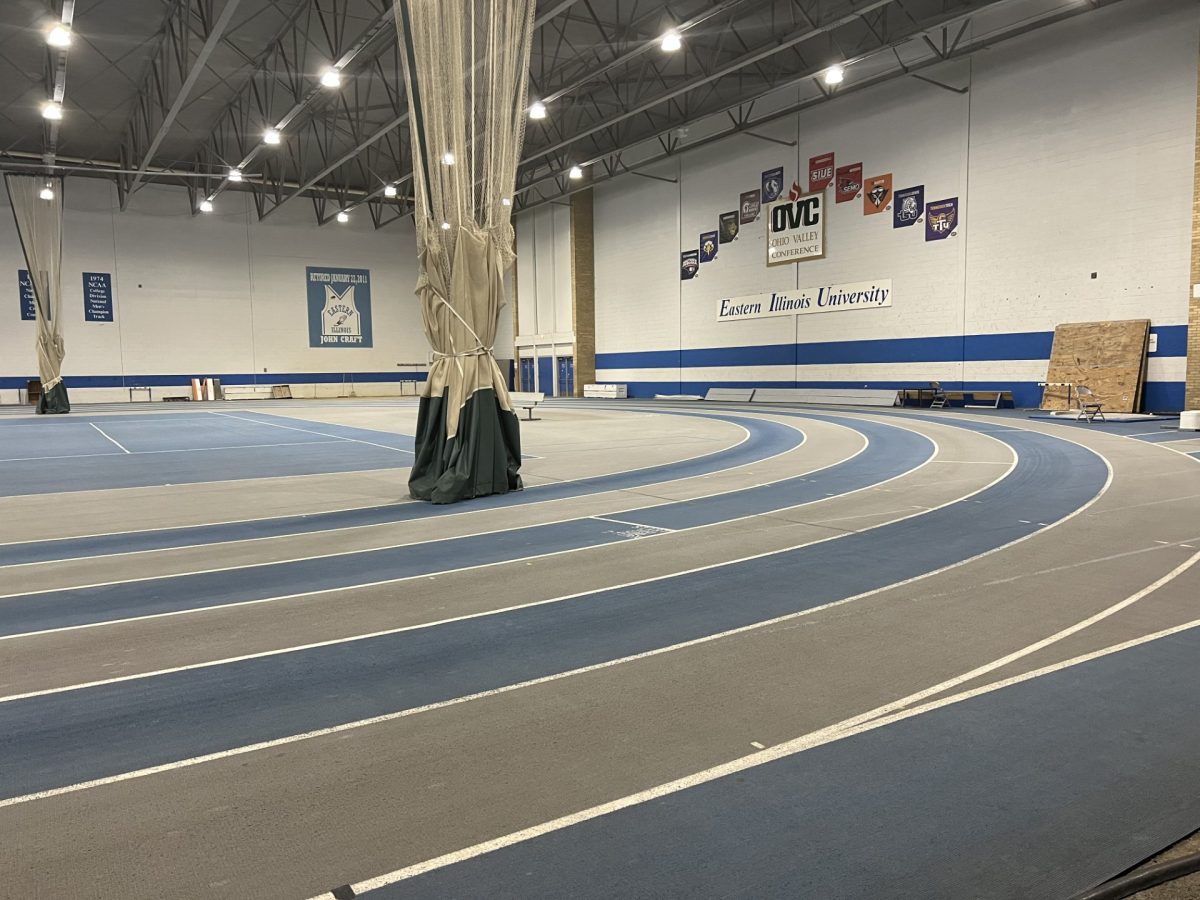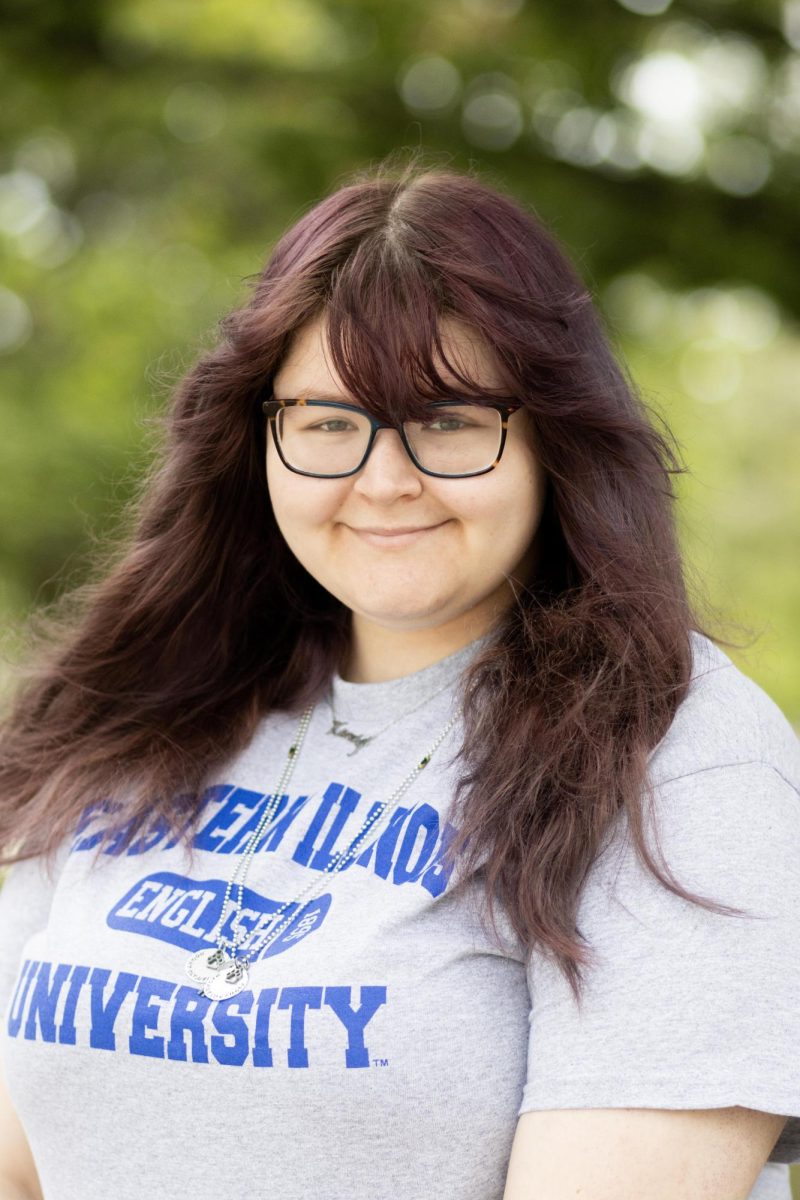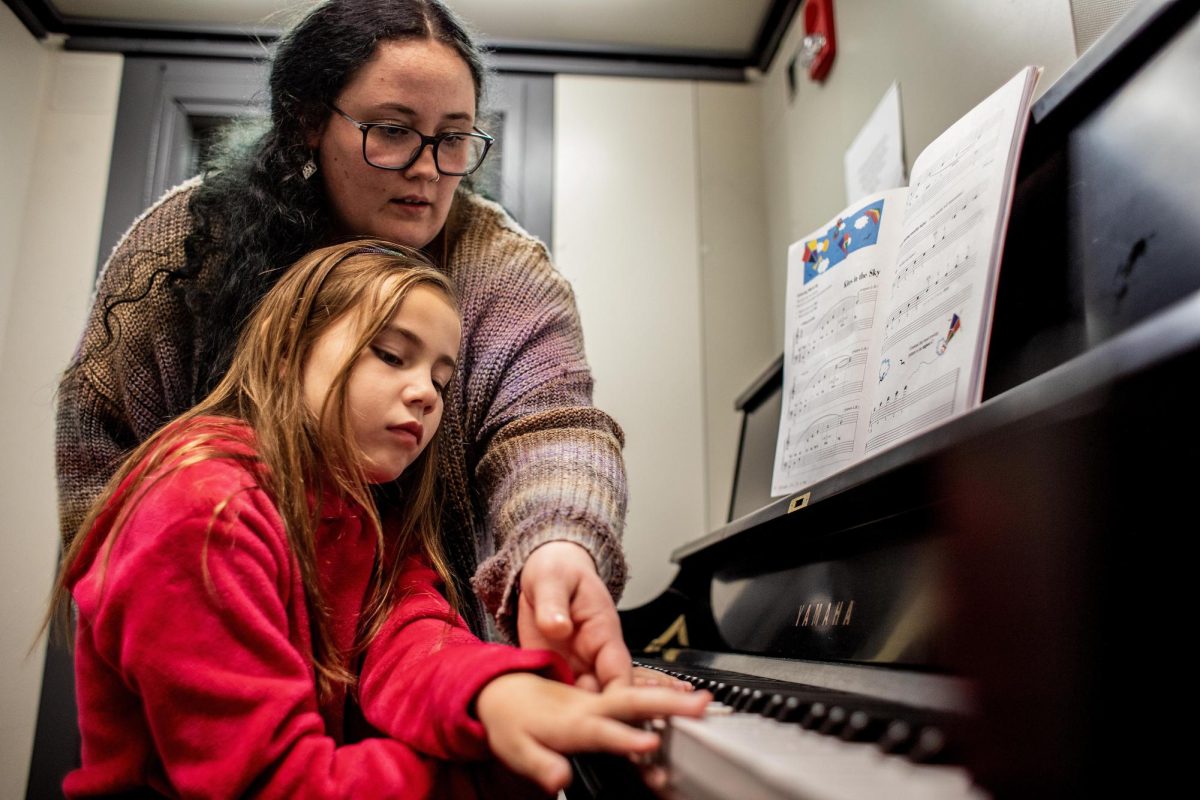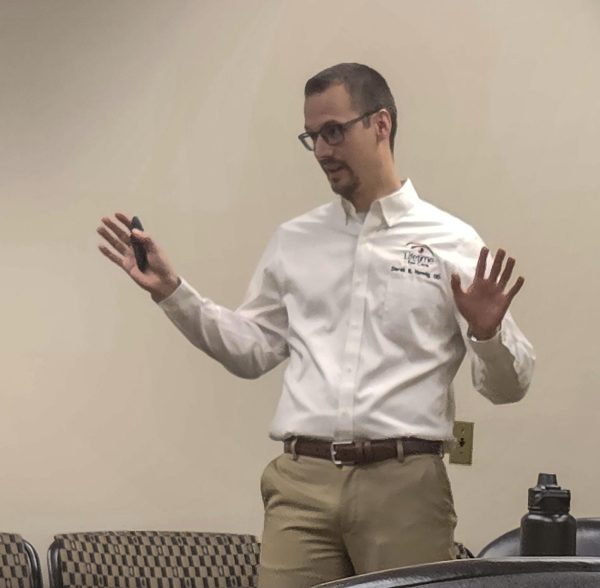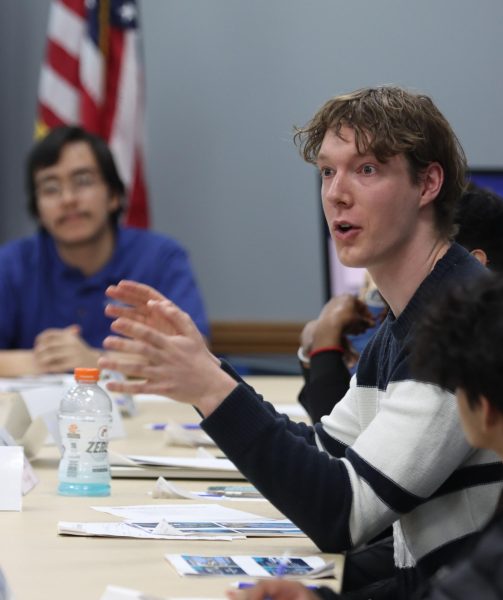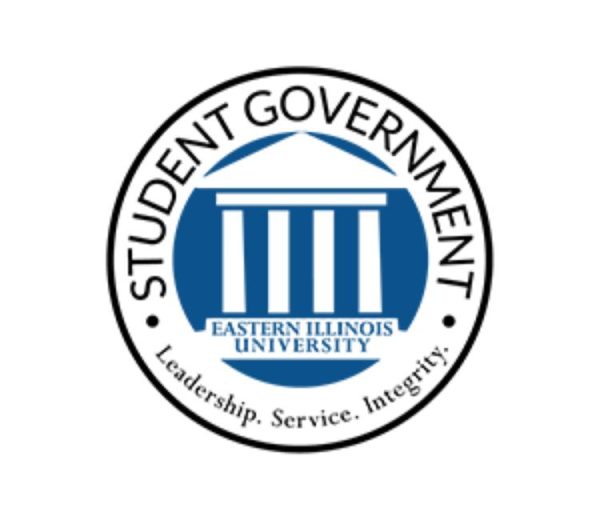Workgroup talks evaluating signature programs
April 3, 2017
Workgroup No. 8, Academic Visioning I, talked about ways to evaluate new and signature programs and outline them in its final report at a meeting Friday.
Workgroup chair Jeff Stowell, a psychology professor, said every document outlining a new program, a signature program, or a micro degree will be in the report along with a document explaining where the group has priorities.
All files submitted will be put in the appendix, which Stowell said people can use to look at and make their own evaluation about the program.
Stowell said the group is moving away from evaluation every program presented to them and rather, outline broad areas where they see a lot of potential.
One of these broader areas includes online education at Eastern.
Biology professor Britto Nathan said online education has huge potential, while history professor Nora Pat Small said it is something that could benefit from more resources.
“Online education is difficult, expensive in many ways and the faculty need the resources and the students need the resources to get the most out of it,” she said.
She suggested that this idea get a marker in the report signifying that it is worth investing in.
Stowell qualified the idea of online education by saying the group was talking about undergraduate degree completion programs.
“I’m not saying let’s make a four-year online university,” he said.
Health, engineering and agriculture were three programs the group saw as new and emerging, while sustainable programs they listed were education, science, arts and humanities, business and technology.
Stowell said the group liked all of the micro degree ideas, as they are low-cost and small impact.
“Cumulatively, they can have a large effect on overall marketing,” he said.
Three categories the group is looking at for signature programs are ones that currently exist with significant enrollment, programs that could be signature if they were to get the right marketing and resources and ones that require additional research and evaluation.
Director of Admissions Kelly Miller said she did not see how a signature program could be signature if it does not exist already, but Stowell said a program could indeed be both.
“One that is potential might require additional research and evaluation,” he said.
Ryan Hendrickson, interim dean of the graduate school, said part of the group’s charge is thinking about what programs the university already has that could be a signature program, but also looking at what programs Eastern could adopt as signature programs.
“What could we be that’s realistic?” he asked.
Stowell said the charge was forward-thinking, but some items could be moved around in the report if they think it is a better fit.
Small said every program seemed to have some potential.
“I’m not on the admissions side of things but I would hate to eliminate something that seemed really promising, in conjunction with other programs,” she said.
Small said she liked the idea of having broader categories since many of the programs have the potential to interact with each other in different ways the group did not necessarily have to figure out now.
“Some have considerably higher enrollment potential than others, but all of them strike us as areas where enrollment potential is possible,” Hendrickson said.
Nathan said even when talking about adopting signature programs, he wanted to see big general ideas that would increase enrollment.
He gave the example of saying the university needed a health-related field, instead of pointing out a single, specific program.
Stowell said most of the programs under the signature category are new programs, so he would move these to the “new program” category on the report, putting an asterisk next to those that could be signature programs.
The group hopes to have a draft of its final report next week and have final changes submitted the following week, Stowell said.
Cassie Buchman can be reached at 581-2812 or [email protected].




